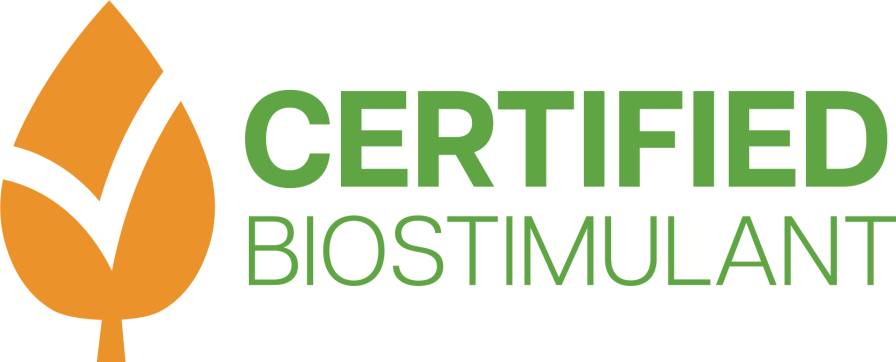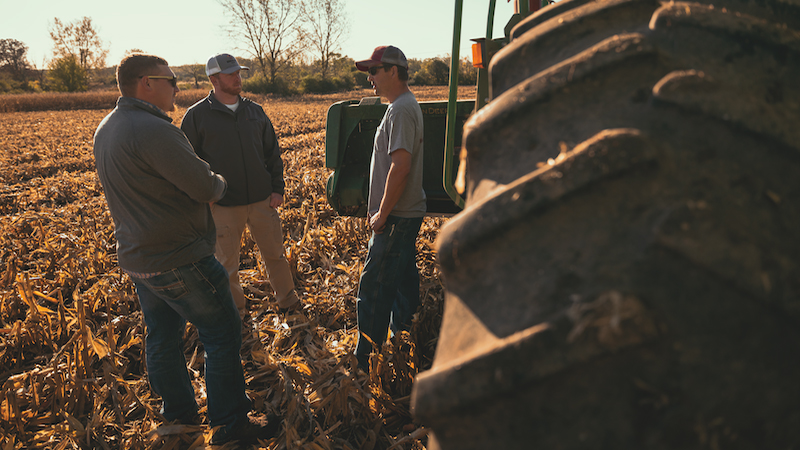EPA and USDA Sign MOU to Help Protect Endangered Species and Support Sustainable Agriculture
Earlier this week, the U.S. Environmental Protection Agency (EPA) and U.S. Department of Agriculture (USDA) signed a memorandum of understanding (MOU) to better align EPA’s strategies for protecting endangered species from pesticides with USDA’s National Resources Conservation Service (NRCS) practices. This coordination will help EPA meet its obligations under the Endangered Species Act (ESA) while increasing flexibility for the agricultural community and keeping safe, effective pest management tools in farmers’ hands.
When registering pesticides under the Federal Insecticide, Fungicide, and Rodenticide Act (FIFRA), EPA must also comply with the ESA to ensure pesticides do not jeopardize endangered species or adversely modify their designated critical habitats. In April 2022, EPA released its ESA Workplan, which establishes strategies and actions to adopt those protections while providing farmers, public health authorities, and others with continued access to pesticides.
USDA’s NRCS helps farmers carry out voluntary conservation practices that protect natural resources while growing the crops that feed our country. These conservation practices help promote clean water and healthy soils and make sure agricultural businesses and communities can thrive.
Many NRCS program conservation practices also reduce pesticide runoff, benefiting endangered and other non-target species. On Feb. 6, 2023, EPA signed an MOU with USDA describing how EPA can reference NRCS conservation practices as one way that growers who voluntarily perform those practices can meet pesticide label requirements. For example, one NRCS practice is to use a vegetative strip, like a grass waterway or buffer strip, to absorb runoff. If a grower were to use a vegetative strip, they may be able to count it as a runoff control measure to meet relevant requirements on a pesticide label.
NRCS practices and programs will not change as a result of this MOU. Farmers will not be required to enroll in NRCS programs for existing practices to count toward pesticide requirements or implement additional conservation practices. Enrollment in NRCS programs remains voluntary as does NRCS technical and financial assistance. NRCS standards will simply serve as a mechanism to help growers comply with pesticide requirements.
EPA and USDA will work together to communicate to the public when pesticide labeling, including websites, and related documents reference NRCS practices.
Additionally, under this MOU EPA will:
- Develop a guidance document that will explain to pesticide users which NRCS conservation practices can fulfill which pesticide labeling requirements.
- Develop EPA’s mitigation menu website and other forms of communication that explain the relationship between NRCS practices and pesticide labeling requirements that reference NRCS conservation practices.
The activities described in the MOU respond directly to suggestions received on EPA’s July 2023 draft herbicide strategy and are expected to also apply to other ESA initiatives. Specifically, the MOU responds to stakeholder suggestions to increase flexibility for growers on the types of practices they can use to protect endangered species and to ensure some of EPA’s proposed mitigation measures can more practically be implemented. The MOU will also allow farmers to receive credit for all the benefits of NRCS practices, including reducing the off-site movement of pesticides.
EPA and USDA also agreed to joint outreach to hear stakeholders’ views on these issues and how the federal government can help with implementation once requirements stemming from EPA’s ESA initiatives are adopted. EPA and USDA are planning several stakeholder engagements in the next few months and will share details in the coming weeks.





